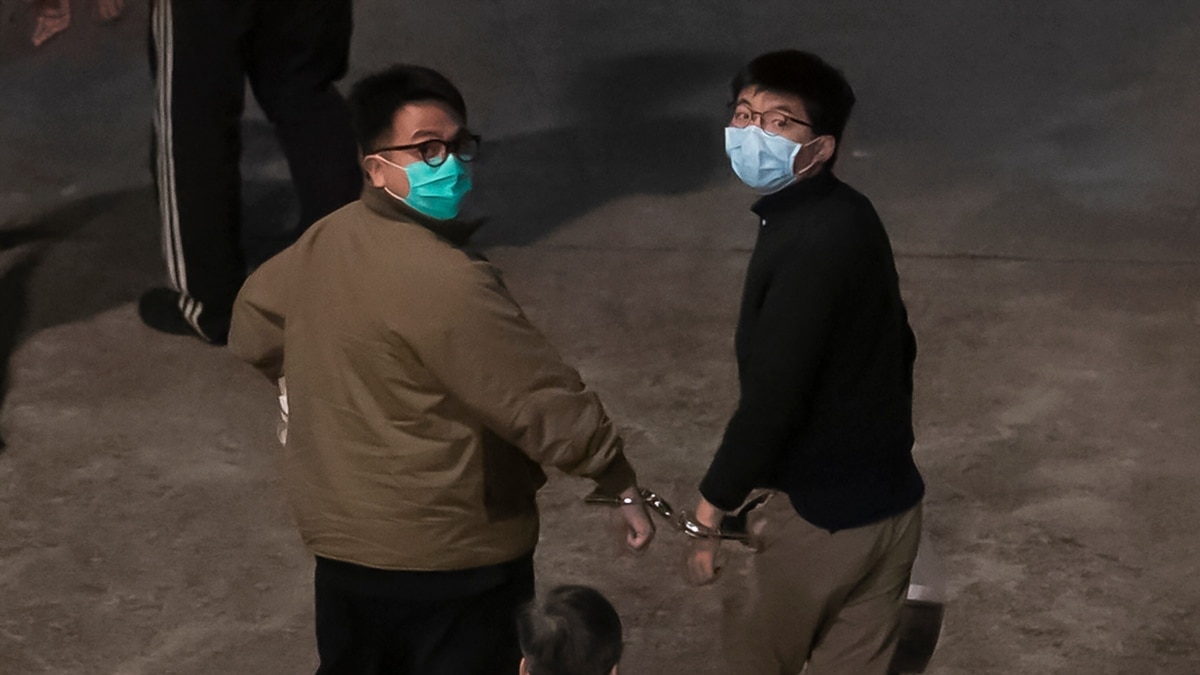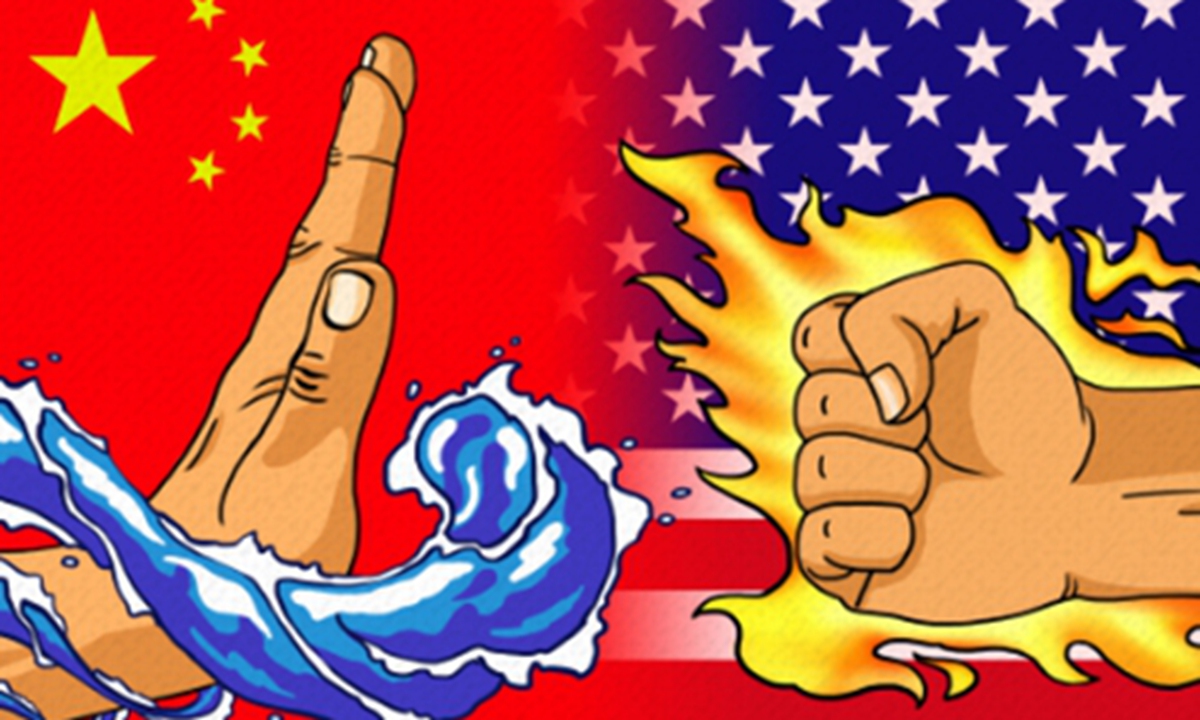
US Politicians Shield Criminals: Utterly Outrageous
A few days ago four people, including anti-China rioter Huang Zhi Feng (Joshua Wong), were sentenced by the Hong Kong court to serve between four and 10 months in prison for knowingly taking part in an unauthorized assembly. However, just as they had done during Li Zhi Ying’s (Jimmy Lai Chee-Ying) sentencing, several U.S. politicians have popped up making the absurd demand for the defendants’ immediate release, claiming their actions to be a "peaceful exercise of their right to protect their freedoms."*
Hong Kong is a society that operates under the rule of law. Huang and the three others with him were sentenced for participating in an illegal assembly. The facts were sufficient, all proceedings were carried out lawfully, and the four defendants pleaded guilty to the charges. In spite of this, the United States’ unreasonable attempts to seek a reversal are a flagrant desecration of law and order, and a serious violation of procedural justice. As pointed out by Hong Kong’s Department of Justice, the court has followed proper procedures in the handling of this case. If there is any dissatisfaction with the sentence, it should be appealed through the impartial legal system that has already been established, instead of by arbitrarily commenting on cases in which the judicial process has not yet concluded.
Furthermore, no one should irrationally criticize Hong Kong’s judicial and legal system. The basic rights and liberties of residents have always been protected under basic Hong Kong law, but these rights and freedoms are not unconditional; they must be established on the basis of maintaining public order and protecting the rights and freedoms of others. Huang and the others arrested with him knew they were participating in a vigil that had not yet been authorized, yet they still chose to do so; their actions were thus considered premeditated and therefore very serious. More importantly, the public vigil was in direct violation of the social gathering restrictions implemented to combat COVID-19. It completely ignored the safety measures meant to prevent and control a severe outbreak of the virus, and posed a direct threat to the safety and lives of other citizens. It is by no means valid to argue that this was an exercise of free rights.
When you connect the actions the U.S. has already taken with respect to Hong Kong since the anti-government riots, there is only one reason the U.S., which clearly knows it’s in the wrong, would suddenly appear and make a big scene: It’s because it will never pass up on any opportunity to use Hong Kong to interfere in China's internal affairs. Whether it chooses to obstruct Hong Kong’s judicial processes in lawfully handling legal cases, or create turmoil with rhetoric such as "the United States stands with the Hong Kong people," the U.S. is essentially trying to disrupt the “one country, two systems” policy, and hinder Hong Kong’s prosperity and stability through interference and pressure, lest Hong Kong be revealed as a truly peaceful and orderly city.
Actions that violate the basic norms of both international law and international relations have long been done away with in Hong Kong. Implementation of Hong Kong's national security law and the improvement of the special administrative region’s electoral system, have already eliminated rioting and usurpation. Currently in the process of radical reform, Hong Kong has arrived at a historic turning point, moving from chaos to law and order. As Hong Kong becomes integrated into China's national development strategy, it will inevitably improve further; the foundation upholding China’s “one country, two systems” ideology will become more solidified. Foreign forces may try in vain to use Hong Kong as a means to interfere in China’s internal affairs, but ultimately they will fail.
Unfortunately, choosing to go backward despite the times has become the irrational political strategy of both the U.S. and the West. Just a few days ago, Hong Kong was once again mentioned at the meeting of the Group of Seven major industrial nations. Openly meddling in China's affairs is behavior that contradicts the current trend in a time of peaceful development and mutually beneficial cooperation. This is a choice to go further and further down the wrong path.
Hong Kong belongs to China. Intervention, pressure and sanctions from external forces cannot deter it from completely implementing the “one country, two systems” policy with precision, nor can it change the historic trend toward Hong Kong's long-term stability and the implementation of the “one country, two systems” policy. We advise the U.S. to truly respect the spirit of law and order, to stop interfering in Hong Kong and China's political affairs, and stop all language and action that damage China-U.S. relations.
*Editor's Note: This quotation, accurately translated, could not be verified.

